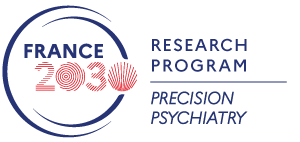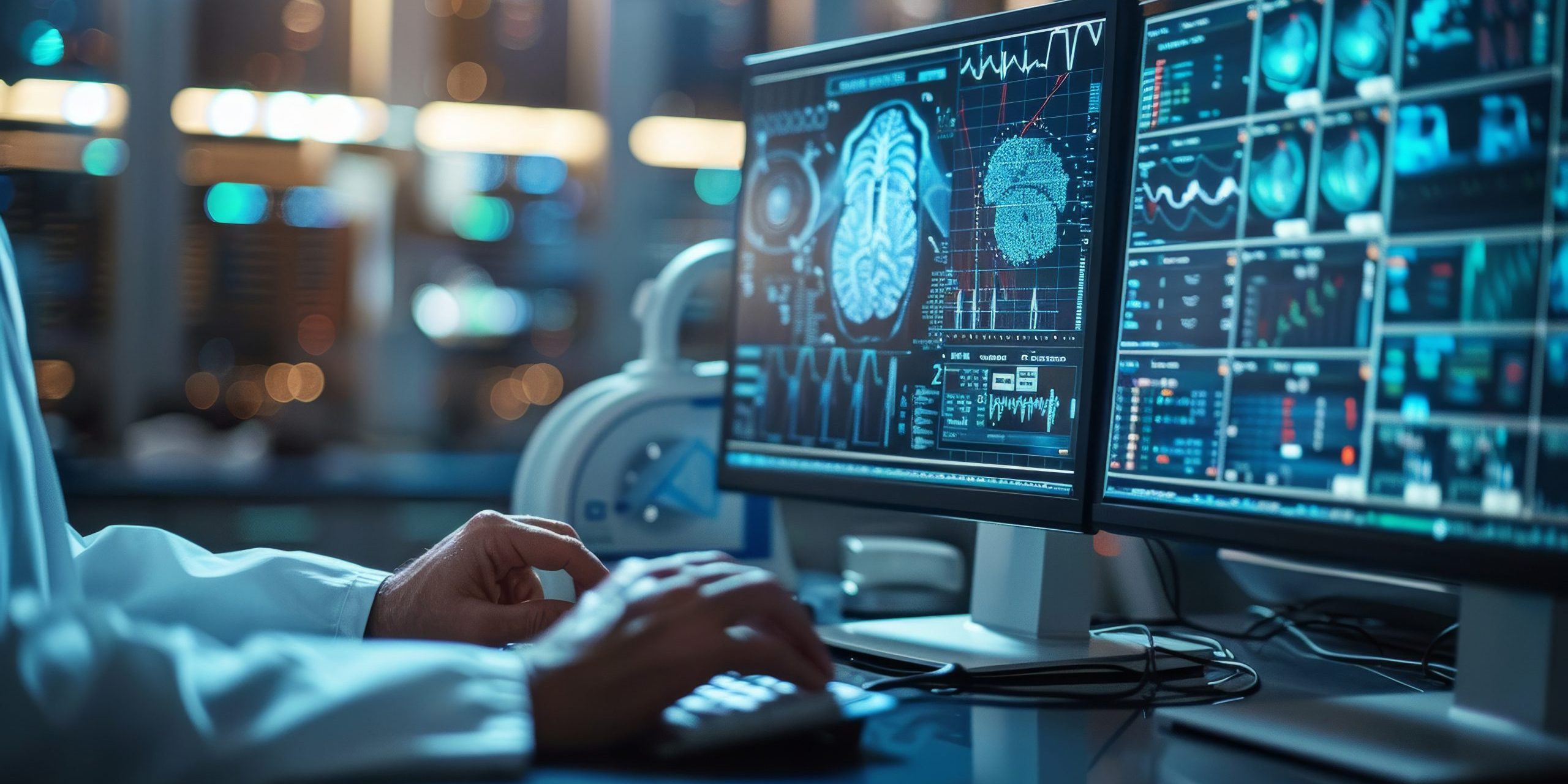Explore a new neurofeedback therapy to help schizophrenia patients, suffering from persistent auditory hallucinations
Project coordinator:
Renaud JARDRI
Coordinating institution:
Lille University, Inserm team U 1172
Hallucinations, neurofeedback, fMRI, neuromodulation, drug-resistant
- Budget: 1 M€
- Duration: 48 mois
- Number: ANR–22-EXPR-0006
Patients diagnosed with schizophrenia may hear voices that are invasive and incapacitating on a daily basis, and in more than 25% of cases, these experiences may escape standard drug and psychotherapeutic treatments.
Recent years have seen the development of numerous therapeutic alternatives in the field of neuromodulation to reduce the severity of drug-resistant hallucinations. These methods offer the advantage of being able to act non-invasively on brain networks, with the help of recent advances in functional brain imaging. Transcranial stimulation of brain regions involved in hallucinations has already proved partially effective in this indication, but these methods rely on external electrical or magnetic stimulation devices.
Recent developments in real-time functional magnetic resonance imaging (fMRI) now makes possible the detection of hallucinatory episodes while scanning a patient. These approaches demonstrated a spatio-temporal precision compatible with clinical applications (INTRUDE project). Using this technique, patients can be trained to modulate their own brain activity and directly see the effect of this modulation thanks to a real-time visual feedback (e.g., fMRI-guided neurofeedback), with the final goal to reduce their hallucinatory experiences.
The aim of the UNREHAL project is to validate this new neurofeedback strategy, using automated fMRI decoding of per-hallucinatory brain activity for therapeutic purposes. The team involved hopes to train patients with refractory hallucinations to better cope with their symptoms and identify the best cognitive strategy that can have a direct neurophysiological effect, thanks to real-time visual feedback. 90 patients with schizophrenia and drug-resistant hallucinations will be recruited.
This precision psychiatry approach represents a crucial step in validating the efficacy of this therapeutic method.
CEA NeuroSpin team, GHU Paris Psychiatrie et neurosciences, King’s College London, Lille University Hospital

